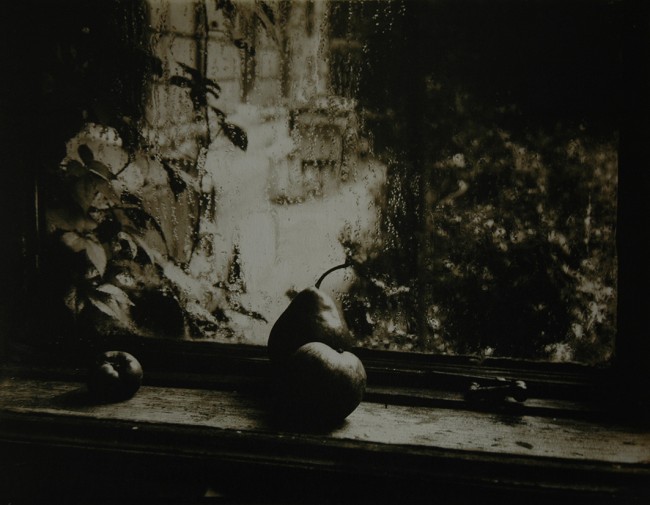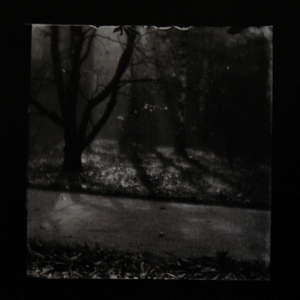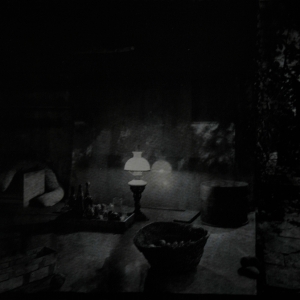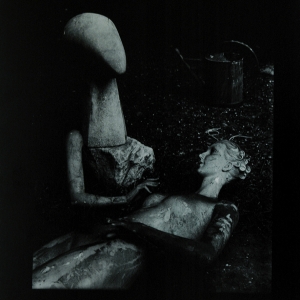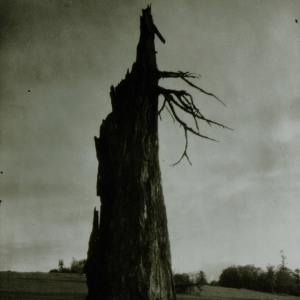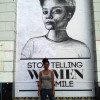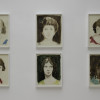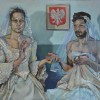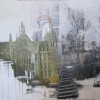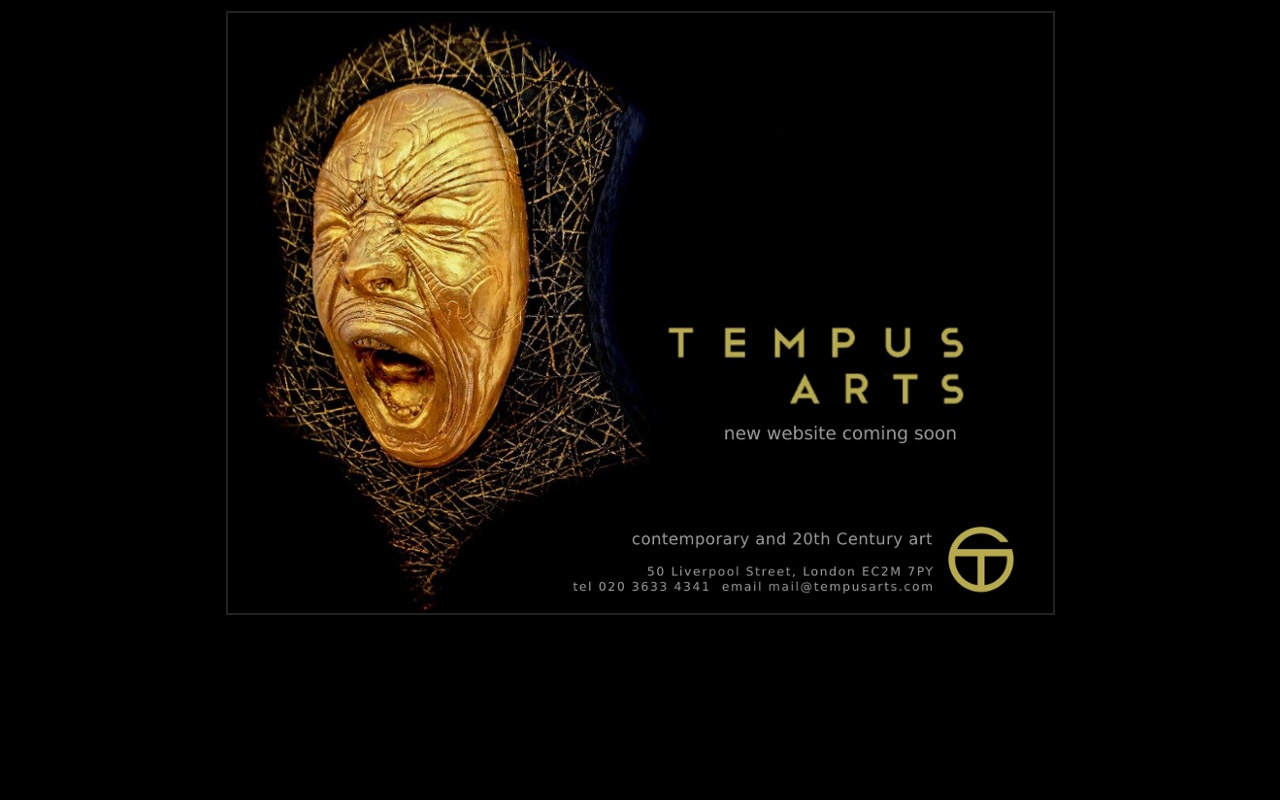What is the difference between Caravaggio, an Italian painter who created a type of painting characterised by strong contrasts of light and shadow, and the Caravaggisti, painters who resumed the pictorial innovation carried out by Caravaggio?
When this question was asked by a lecturer in the premises of Academy of Fine Arts of Brera, students had no answer. Silence and perplexity followed. In such a quiet atmosphere the lecturer’s voice resounded peremptorily: “Caravaggio lived the whole his existence in darkness; he was persecuted, arrested, without any fixed home, which is why he ceaselessly looked for light in his painting. The Caravaggisti, on the other hand, merely resumed a linguistic modality, a way of painting, a shape which did not concern with their existences at all. This is visible in their painting. It lacks pathos.” Some painters imitate and others revolutionise; the act of creation is the exclusive result of a struggle.
Life is the substance which art consists of. This seems to me to be the key to understanding Josef Sudek’s life and photography. What Sudek constantly searched for, looking at the world through a lens, is light. For several artists and photographers, as well as philosophers, light works as a symbol. For Sudek, light meant a new dawn or outset; a motive to live for.
As Charles Sawyer said, “Some commentators find Sudek’s photos mysterious, but I think this is a mistake: the air of mystery vanishes once we see in Sudek’s photography a person’s private salvation from despair.” Josef Sudek was born in 1896, in a small city called Kolin, which is located in Bohemia, the Czech Republic. Sudek’s father died when he was just two – Sudek began to practise the trade of bookbinding when he was fourteen years old. In 1913, after a three-year apprenticeship, he gained his first Bookbinder Certificate. In the same year he got his first job as a bookbinder’s assistant. Such events might insinuate a natural progression would lead to Sudek becoming a bookbinder. However, destiny wanted him elsewhere.
In 1915, Sudek was drafted into the Hungarian Army and called up to fight in the First World War. During a battle on the Italian front he was gravely wounded and his right arm was amputated at the shoulder. Beyond a shadow of a doubt, this is the most tragic event in Sudek’s life and the event that mostly marked his psyche and thus, his mode of perceiving the world. After such an event, Sudek had to give up working as a bookbinder, as performing such a trade with only one arm is impossible.
All of this is clearly attested by a Sudek’s statement about a musical event in Italy, the country where he suffered a physical and emotional loss. In Sudek’s own words:
“When the musicians of the Czech Philharmonic told me Josef come with us, we are going to Italy to play music, I told myself “fool that you are, you were there and you did not enjoy that beautiful country when you served as a soldier for the Emperor’s Army.” And so, I went with them on this unusual excursion. In Milan, we had a lot of applause and acclaim. We travelled down the Italian boot until we came to that place. I had to disappear in the middle of the concert; in the dark I got lost, but I had to search. Far outside the city toward dawn, in the fields bathed by the morning dew, finally I found the place. But my arm wasn’t there – only the poor peasant farmhouse was standing in its place. They had brought me to it, that day when I was shot in the right arm. They could never put it together again, and for years I was going from hospital to hospital, and I had to give up my bookbinding trade. The Philharmonic people apparently even made the police look for me, but I somehow could not get myself to return from that country. I turned up in Prague some two months later. They didn’t reproach me, but from that time on, I never went anywhere, anymore, and I never will. What would I be looking for when I didn’t find what I wanted to find?”
The event Sudek speaks of in the above statement took place in 1926. When he later turned up in Prague, he totally immersed himself in his photography. Searching for what he could not find, for what that country, war, bullet took away from him, the lost part of him transformed. Josef Sudek’s photography is evidence of how a lack in life may turn into creative power.
